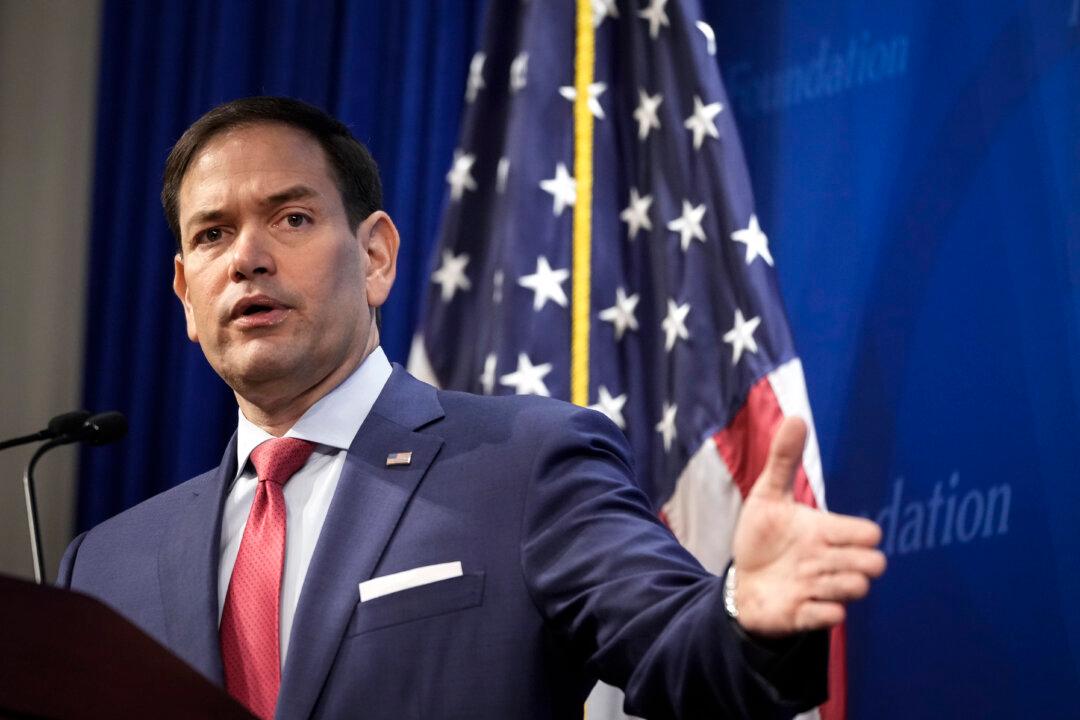More than two dozen U.S. universities entered into financial arrangements with China-based entities during the past year, including those directly governed by the Chinese Communist Party (CCP), according to a new report.
Sen. Marco Rubio (R-Fla.) criticized the agreements, which are believed to have netted China more than $120 million, as part of the Chinese Communist Party’s effort to supplant the United States as the world’s superpower.




